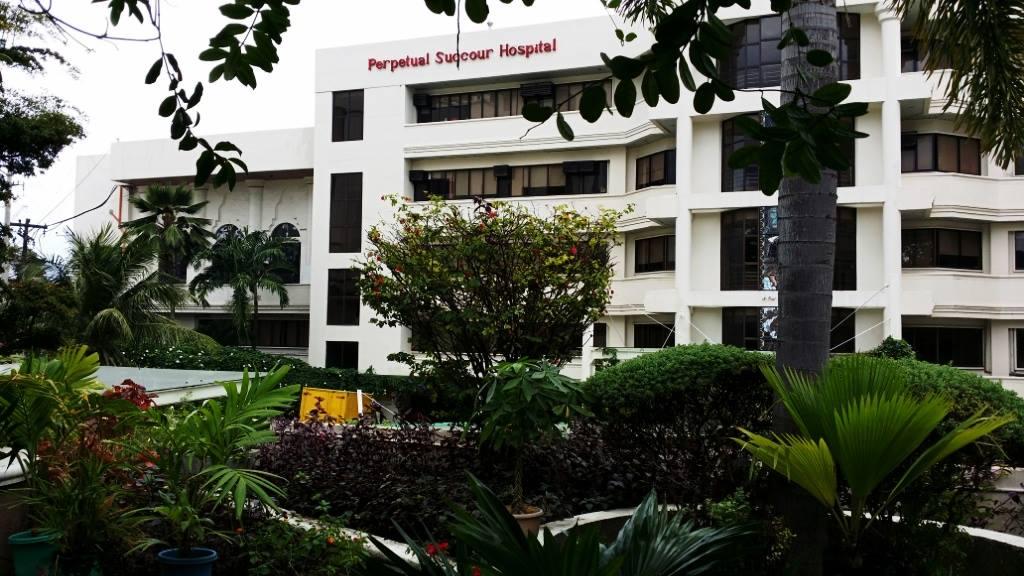Normal 0 false false false EN-PH JA X-NONE /* Style Definitions */ table.MsoNormalTable {mso-style-name:"Table Normal"; mso-tstyle-rowband-size:0; mso-tstyle-colband-size:0; mso-style-noshow:yes; mso-style-priority:99; mso-style-parent:""; mso-padding-alt:0in 5.4pt 0in 5.4pt; mso-para-margin:0in; mso-para-margin-bottom:.0001pt; mso-pagination:widow-orphan; font-size:12.0pt; font-family:"Cambria","serif"; mso-ascii-font-family:Cambria; mso-ascii-theme-font:minor-latin; mso-hansi-font-family:Cambria; mso-hansi-theme-font:minor-latin;}
Representatives from Health Care Without Harm Asia (HCWH Asia) visited Perpetual Succour Hospital (PSH) in Cebu City, Philippines recently to observe ongoing innovative green initiatives at the hospital. PSH is a 320-bedded, tertiary level hospital that is under the health care ministry of St. Paul de Chartres Health Care Ministry - an active member of the Global Green and Healthy Hospitals network (GGHH) in the Philippines.
One of the initiatives is their management of biodegradable waste. The hospital uses a biodigester in site to manage its placenta and biodegradable waste to produce
biogas that it uses to power its laundry dryers for a few hours a day. The slurry from the biodigester is diverted to the facility’s rooftop gardens that produce organic vegetables that are sold at the hospital cafeteria.
The hospital also has its own vermicomposting plant that uses African Nightcrawlers (Eudrillus Eugenia), an earthworm species, to take care of the additional biodegradable waste at the facility. The end product of the vermicomposting venture is utilized as fertilizer to nourish plants at the rooftop garden of the hospital.
Perpetual Succour has also ventured in reducing its energy consumption by replacing most of the old electric bulbs with LED bulbs. The hospital also uses solar assisted air-conditioning units that aid in its energy conserving initiatives as well. PSH also purchased solar panels to harness energy to heat water that is supplied to a separate wing catering to 150-bed patients.
HCWH Asia, through GGHH, will assist PSH to properly document these initiatives to disseminate to other GGHH members and non-members in the country and the region to serve as inspiration in their own facilities.
Written by Nischal Neupane
